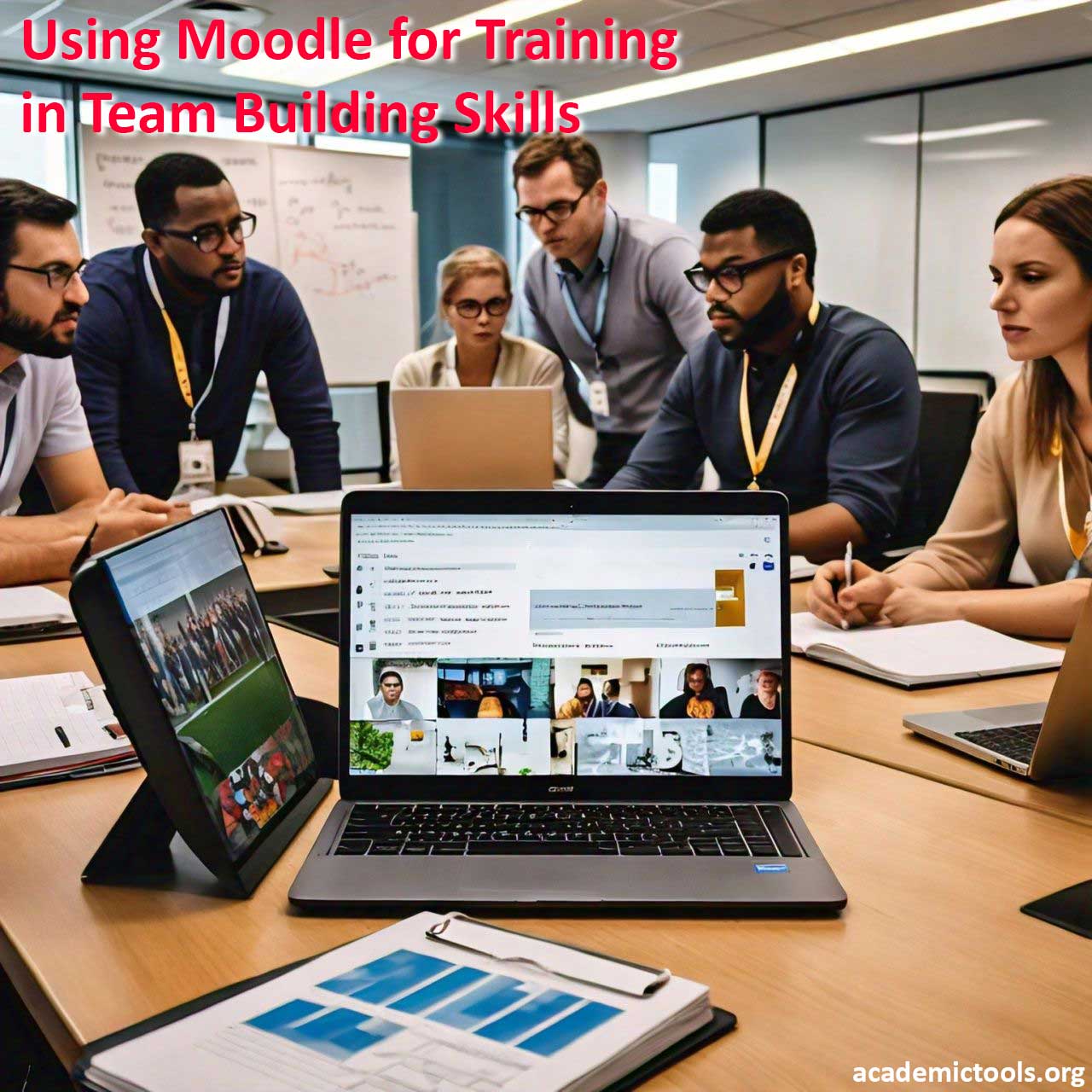In today’s fast-paced, increasingly remote work landscape, building a cohesive, high-performing team is more crucial than ever. But how do you foster collaboration, communication, and camaraderie among team members who may be scattered across the globe? One innovative solution is Moodle team building training, which leverages the power and flexibility of the Moodle learning management system (LMS) to deliver engaging, effective team-building experiences. In this blog post, we’ll delve into the ways Moodle can be harnessed to develop and refine essential team-building skills, empowering your teams to tackle even the toughest challenges with confidence and cohesion.
Table of Contents
Why Team Building Skills Matter
In today’s fast-paced work environment, team building is the secret sauce that can make all the difference. By fostering a positive, collaborative atmosphere, organizations can unlock the full potential of their teams, driving productivity, creativity, and project success. Effective team-building activities are the key to unlocking this potential, helping team members understand their roles, build trust, and communicate seamlessly. By investing in targeted team-building initiatives, such as Moodle team building training, organizations can create a more cohesive, motivated, and high-performing workforce that’s equipped to tackle even the toughest challenges.

Why Choose Moodle?
Moodle stands out as an ideal platform for team-building training for several reasons:
1. Flexibility: Moodle is highly customizable, allowing trainers to tailor the platform to meet the specific needs of their teams.
2. Accessibility: With its web-based interface, Moodle can be accessed from anywhere, making it perfect for remote or distributed teams.
3. Interactive Features: Moodle supports a variety of interactive tools, such as forums, wikis, and quizzes, which can be used to engage learners.
4. Scalability: Whether you have a small team or a large organization, Moodle can scale to accommodate any number of users.
Designing a Team Building Course in Moodle
Creating an effective team-building course in Moodle involves several key steps:
1. Define Objectives
When designing your Moodle team building training program, begin by clearly defining its objectives. What essential skills do you want to develop in your teams? Typical goals might include enhancing communication, boosting problem-solving capabilities, fostering seamless collaboration, and promoting a culture of unity and trust – all of which are crucial for driving business success and achieving exceptional results.
2. Develop Content
Content is king in any Moodle team building training program. Create engaging, informative, and relevant content that aligns with your learning objectives. This can include:
Videos: Instructional videos or recorded webinars on team-building techniques and best practices.
Articles and Case Studies: Written materials that provide insights and real-world examples of successful team building and collaboration.
Interactive Modules: Immersive activities and simulations that require learners to apply team-building principles in realistic scenarios, promoting hands-on learning and retention
3. Leverage Moodle’s Features
Utilize Moodle’s built-in features to enhance the learning experience:
Forums and Discussions: Encourage team members to discuss topics, share experiences, and provide feedback.
Quizzes and Assessments: Test knowledge and track progress with quizzes and assessments.
Collaborative Tools: Use wikis and collaborative projects to simulate real-world team tasks.
4. Facilitate Interaction
Interaction is crucial for effective Moodle team building training. To foster a collaborative learning environment, encourage team members to participate actively through:
Group Activities: Assign group projects that require collaboration and teamwork.
Peer Reviews: Implement peer review systems to promote constructive feedback and learning.
Live Sessions: Host live Moodle training sessions or webinars to provide real-time interaction and engagement.
5. Monitor and Evaluate
To ensure your team building efforts are on track, it’s essential to keep a pulse on your team members’ progress. Leverage Moodle’s powerful tracking and reporting tools to gauge performance, engagement, and overall impact. But don’t stop there – gather valuable feedback from your team through surveys to pinpoint areas for improvement. With these insights in hand, you can refine your training strategy, make data-driven decisions, and continuously optimize your Moodle team building training programs for maximum ROI.
Examples of Team Building Activities on Moodle
Here are a few examples of activities that can be included in a Moodle-based team-building course:
1. Virtual Escape Rooms: Create scenarios where team members must work together to solve puzzles and “escape” a virtual room.
2. Role-Playing Games: Simulate real-life situations that require teamwork to resolve.
3. Project-Based Learning: Assign projects that mimic actual work tasks, requiring collaboration and coordination.
4. Icebreaker Activities: Use forums or chat rooms for fun icebreaker questions and activities to help team members get to know each other.
Conclusion
In today’s fast-paced work environment, teams need to be agile, collaborative, and effective to succeed. That’s where Moodle comes in – a powerful platform for team-building training that drives real results. By leveraging Moodle’s features, organizations can craft tailored training programs that foster open communication, collaboration, and cohesion. Discover the transformative power of Moodle team building training and empower your teams to thrive. To learn more, explore Moodle’s official resources and guides and start building a more cohesive, high-performing team today.



